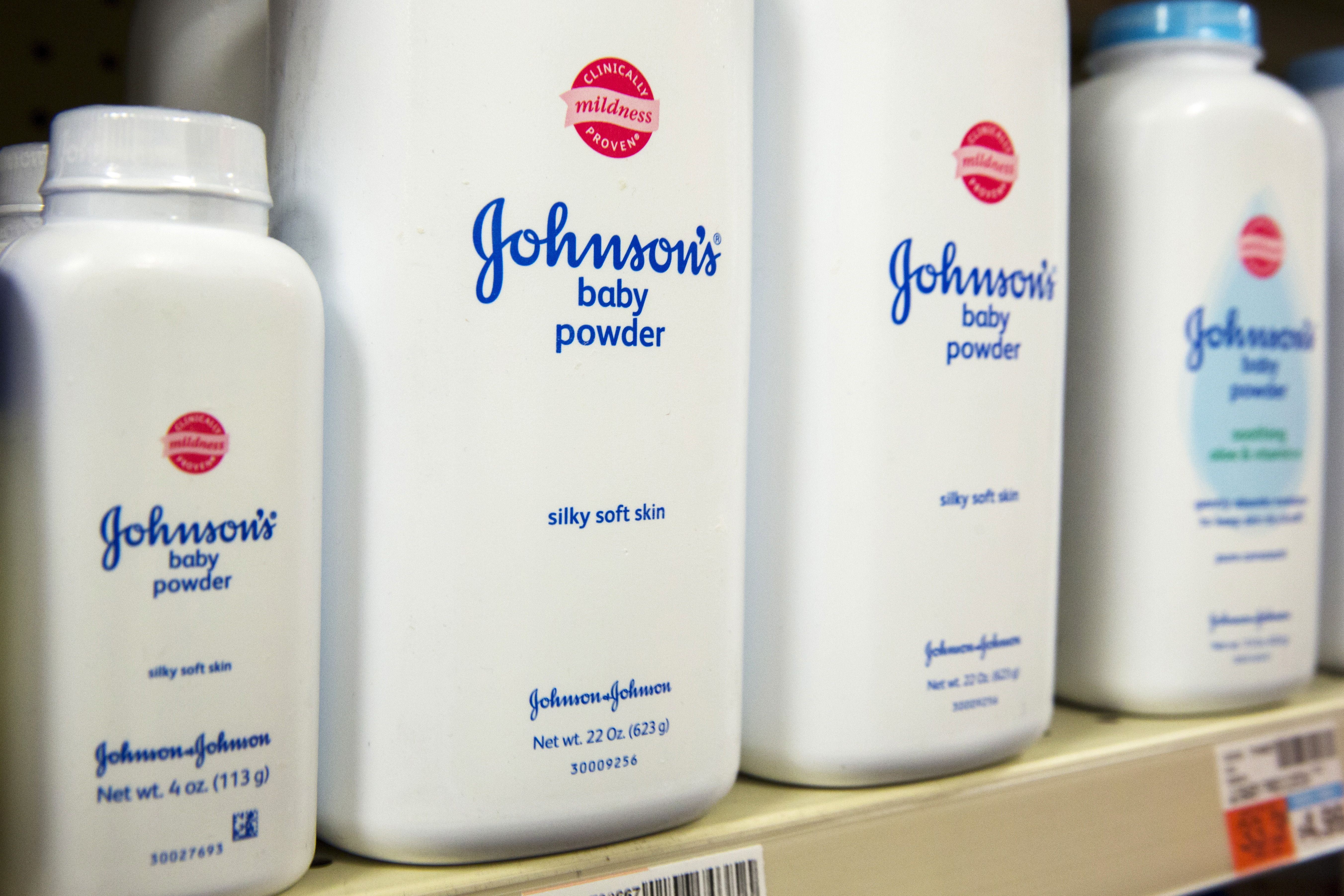BUSINESS NEWS
J&J, Colgate ordered to pay nearly $10 million in California talc case
[ad_1]
Bottles of Johnson & Johnson baby powder line a drugstore shelf in New York.
Lucas Jackson | Reuters
A California jury on Wednesday ruled in favor of a plaintiff who blamed her cancer on talcum-based products made by Johnson & Johnson and Colgate-Palmolive.
Plaintiff Patricia Schmitz will be awarded $4.8 million in damages from each company, J&J said. Schmitz said she developed mesothelioma after using both J&J’s baby powder and Colgate’s Cashmere Bouquet. She was not awarded punitive damages.
The ruling was another setback for J&J. The consumer products company, which makes everything from Tylenol to Aveeno lotions, faces more than 13,000 talc-related lawsuits. Just two weeks ago, J&J was ordered to pay $300 million in punitive damages to a woman in New York who blamed her cancer on the company’s talc products. That same day jurors in a similar case in South Carolina cleared the company of liability.
J&J denies allegations that its talc causes cancer. It said numerous studies and tests by regulators worldwide have shown that its talc is safe and asbestos-free.
“We will pursue an appeal because Johnson’s Baby Powder does not contain asbestos or cause cancer, as supported by decades of independent clinical evidence,” a spokesperson for J&J said in a statement. “There were serious procedural and evidentiary errors in the proceeding that required us to move for mistrial on multiple occasions and we believe provide strong grounds for appeal.”
A spokesperson for Colgate said that the “trial suffered from numerous significant legal and evidentiary errors that we believe unfairly prejudiced the defense.” The person did not say whether the company would pursue an appeal.
J&J relaunched its iconic namesake baby product line last summer to reverse a decline in the company’s baby care unit. While trusted for decades, the 124-year-old brand had fallen out of touch with consumers, namely millennial moms, who have been increasingly opting for upstart brands with a trendier, more natural image.
— CNBC’s Angelica LaVito contributed to this report.
[ad_2]
Source link











